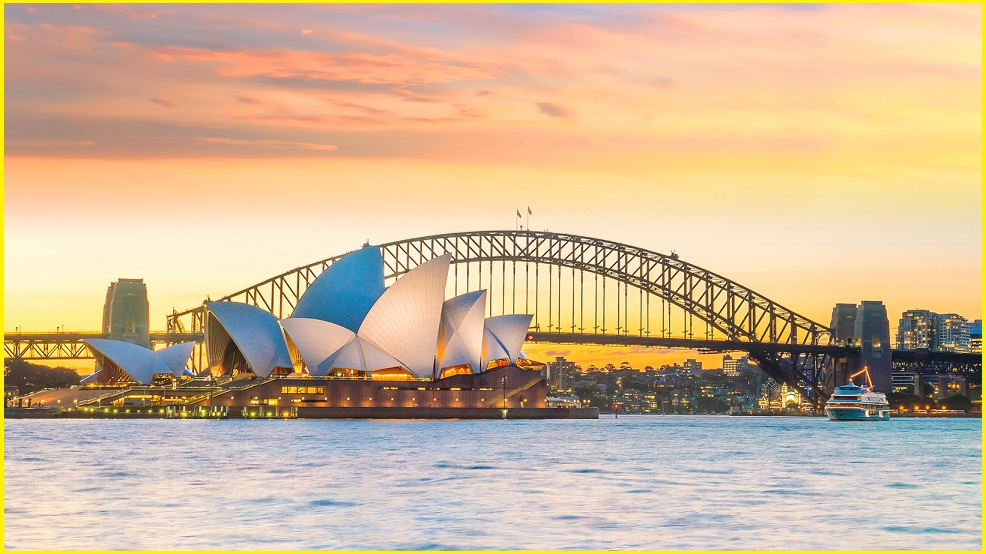Sydney has fallen down the global startup ecosystem rankings for the second consecutive year as Melbourne barely scrapes in as a runner-up, according to a new global study.
Research advisory organisation Startup Genome has released its Global Startup Ecosystem Report 2020, which ranks the top 30 startup ecosystems around the world based on performance, funding, market reach, connectedness and talent.
The report ranked Sydney at 27, after it finished 23rd in 2019 and 17th in both 2018 and 2017.
Melbourne – the only other Australian city to feature in the report – finished tied in 36th spot.
It marked the first time Melbourne has been ranked as a runner-up by Startup Genome.
“While Sydney is still ahead of Melbourne, in some key metrics Melbourne is catching up,” says the report.
“For example, Sydney was the first city in Australia to have a unicorn, but now Melbourne has two: Airwallex and Judo Capital.”
According to Startup Genome, Melbourne ranks very highly in connectedness and talent, while also boasting a high percentage of founders from overseas (nearly 20 per cent foreign founders).
“[Melbourne] produces more technology talent than any other Australian city while Monash University and the University of Melbourne are among the top three Australian universities for engineering and technology according to the Times Higher Education ranking,” details the study.
The presence of corporate customers including Alibaba, Google and Amazon has also aided the development of Melbourne’s startup ecosystem.
“We have seen the Victorian startup ecosystem rapidly mature in the last four years,” said LaunchVic CEO Kate Cornick.
The Victorian Government’s decision to waive the 2019/2020 payroll tax for Victorian businesses with taxable wages up to $3 million has also helped the Melbourne ecosystem, in light of COVID-19.
What’s going on in Sydney?
So, what is the cause of Sydney’s continued decline?
“Low quality of funding, demonstrating the relatively low number of local, experienced VCs,” is one of the main issues for Sydney, according to Startup Genome.
Sydney received a score of just one out of 10 for quality and activity of funding, while it scored five out of 10 in terms of access.
For comparison, Silicon Valley scored a perfect 10 in both funding categories.
Sydney also recorded a score of one out of 10 for market reach and knowledge.
Connectedness is the strongest factor in the Sydney ecosystem (eight out of 10), owing to the city’s global links and innovation infrastructure.
Global forces
Unsurprisingly, Silicon Valley finished at the top of the list, where it has been since 2017, with New York, London, Beijing and Boston rounding out the top five.
The report also shows Asia-Pacific has proven to be one of the fastest-growing regions in recent years, from having 20 per cent of top ecosystems in 2012 to 33 per cent in 2020.
Continental China has gone from having two of the top 30 ecosystems in 2017 to four in 2020, while Seoul and Tokyo have both broken into the top 30 on the back of strong investment into R&D.
Despite the improvement, Startup Genome suggests there is still room for Asia-Pacific to grow, as the region’s contribution to global GDP stands at 38 per cent – greater than the 33 per cent of ecosystems in the top 30.
Challenging times for startups
The report highlights just how damaging COVID-19 has been to the global startup ecosystem.
According to the study, just 28 per cent of startups have had their funding proceed as normal, while over 74 per cent have had to terminate full-time staff.
The companies that are letting go of staff are on average losing 33 per cent of their workforce.
Additionally, 72 per cent of startups have seen their revenue decline since the start of the crisis, with the average startup experiencing a decline of 32 per cent.
But with this comes opportunity, said World Economic Forum Head of Regional Strategies, Europe and Eurasia, Martina Larkin.
“No crisis comes without opportunity, and over half of today’s Fortune 500 companies were created during a bear market, with 50 tech unicorns founded between 2007-2009,” said Larkin.
“Public sector support, in close alignment with private investment, will be critical to restoring the vitality of startup ecosystems around the globe, as seen by the hefty stimulus packages already announced by some governments.”










